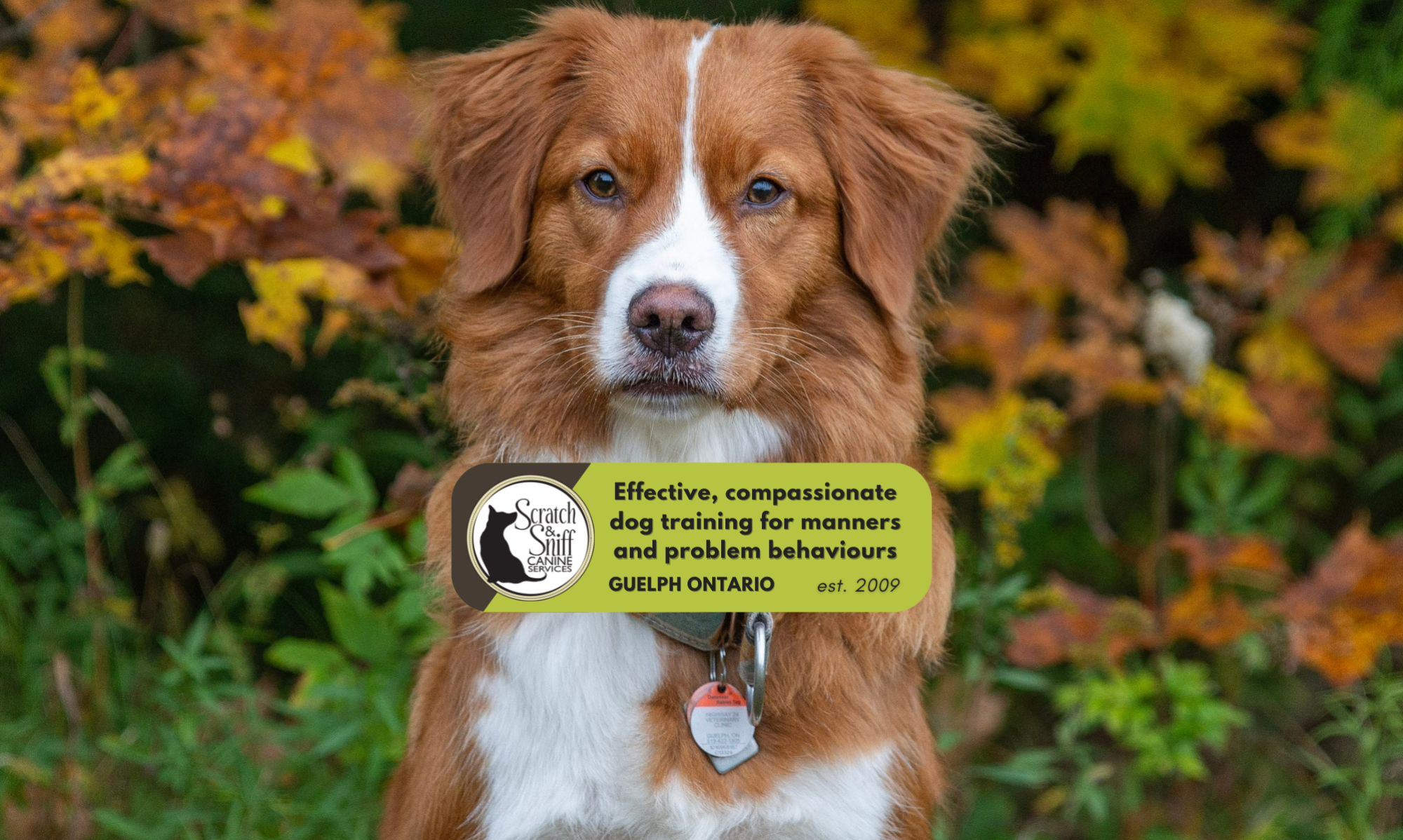 How often do you think “My dog is so stubborn!”? Or maybe you hear that from friends and family. Usually we describe dogs as being “stubborn” when things don’t go our way or the dog doesn’t immediately do what we want him to do.
How often do you think “My dog is so stubborn!”? Or maybe you hear that from friends and family. Usually we describe dogs as being “stubborn” when things don’t go our way or the dog doesn’t immediately do what we want him to do.
But is this really a helpful way of describing a pet’s behaviour?
“Stubbornness” is a character trait or temperament, and it is far more applicable to human behaviour rather than animal behaviour. In terms of developing a strategy to train your dog, it’s a dead end. When you think to yourself “my dog is so stubborn!,” just put down the leash, step away from the dog, and hit the drawing board to think through what is actually happening.
Confusion
Think back to a time when you were given instructions and were left feeling unsure of exactly what you were supposed to do. Or maybe you confidently proceeded to do what you thought you were instructed to do – only to find out that you had done it completely wrong! How helpful would it be if your instructor had blamed you and called you stubborn? If your dog doesn’t comply with your request, she may simply be confused about what you want from her.
Motivation
Behaviour always serves a functional purpose. This means that dogs always have a reason for what they do — even if you’re unsure of what that reason is. This might mean that your dog has a good reason not to comply with your instructions – and it’s your job to find out what is motivating that undesirable behaviour. Similarly, if you don’t provide any motivation for your dog to do what you ask, your dog is unlikely to comply.
Problems with motivation can also be linked back to confusion. Even if you’re using the best treats, you will find that your dog will stop working with you or even show problematic behaviour like barking or jumping if she’s confused. Confusion is an unpleasant feeling, and most of us want to avoid feeling that way. This may come across as your dog appearing “bored” or “stubborn.”
Health Issues
It’s not always obvious when a dog is feeling unwell. Many owners don’t consider that their dog’s problematic behaviour is caused by pain or another physical ailment because the ailment is not immediately apparent to them.
Consider the following: “My puppy can’t have a urinary tract infection. He can hold it all night and there’s no blood! He just gets mad at me and pees on the floor when I leave the house.” Or “I know my dog isn’t in pain because he doesn’t whine or yelp. He stops on walks because he’s stubborn.”
Medical problems in dogs very often show up as behavioural symptoms. Training can never fix a medical issue, but sometimes health care can fix a behavioural problem.
Sometimes feeling unwell isn’t as serious as an infection or pain. Sometimes a dog is hungry, tired or even just mentally fatigued. While most dogs always seem to be hungry, there is a difference between eating food because it’s delicious and eating food to relieve the discomfort of a growly stomach. Over-training can be a problem for some people (and their dogs). Working a dog for too long will result in mental fatigue, which can sometimes make an owner think that their dog suddenly doesn’t want to work, that she isn’t trying hard enough, or that she is “stubborn.”
Now that you know some of the reasons why your dog my appear to be acting stubborn, what can you do instead?
Find Out What Is Reinforcing to Your Dog
Think about motivators as a “pay scale.” Would you go to work if you didn’t paid? Even if you love your job, you still need to buy food, pay rent – and buy dog food. Your dog will have a similar pay scale when you’re asking her to do something that is otherwise not appealing to her.
Here are two things to keep in mind: First, have you used reinforcers that are valuable for your dog? Or are you asking your dog to do something without giving him a reason to do it? Second, what is motivating your dog to do the problematic behaviour? What is he getting out of doing that behaviour or, alternately, what unpleasant thing is he avoiding by doing that behaviour?
Learn About Body Language
Don’t jump to conclusions about how your dog is feeling or why she’s behaving a particular way. When you find yourself throwing around a label like “stubborn,” pause for a moment and think critically.
What body language are you seeing that makes you want to call your dog stubborn? Often, dogs who are showing appeasement behaviour are labelled “guilty.” (Dogs show appeasement behaviour to prevent aggression in the other person or dog by indicating “I am not a threat.”) Dogs who are highly stressed and lack social skills are often labelled “dominant.”
Owners sometimes grossly misinterpret their dog’s body language, leading them to mislabel their dog’s behaviour. As a result, they may take the wrong actions to solve the problem.
Control the Environment
You can control your dog’s behaviour by controlling the triggers that cause the problematic behaviour. For example, if your dog greets people crazily on the street, can you give him more space while you work on the problem? You and your dog will succeed more quickly if you tackle the problem while it’s still minor, rather than ignoring the early signs and throwing your dog into a situation he can’t cope with. If you can control your dog’s triggers, you’ll find that the “stubbornness” will dissipate.
Change Your Dog’s Emotional Response
“Stubborn” dogs are often experiencing lots of feelings that they don’t know how to handle. Misinterpreting this emotional state as the dog intentionally trying to get your goat is unhelpful at best, but it may actually escalate the problem. Your dog isn’t trying to give you a hard time; your dog is having a hard time. A little empathy can go a long way to helping you find a solution.
Seek Help
Seeking help from a qualified professional shouldn’t ever be a last-ditch effort. Find a positive reinforcement–based trainer to help you wade through your dog’s problematic behaviour to find a practical solution. Also, your veterinarian may be able to identify a health problem that could be contributing to behaviours that you may interpret as stubbornness.
Our dogs can be frustrating at times, but labelling a dog “stubborn” will never lead you to a solution to a behaviour problem. Leave the labels at the door and take a step back. Assess why your dog might be doing something, don’t disregard the potential of a health problem, and look closely at how your dog is feeling. Critique your assumptions about your dog, and you’ll have a much easier time actually fixing the problem!
